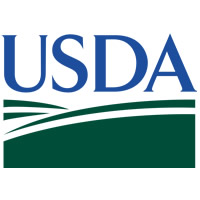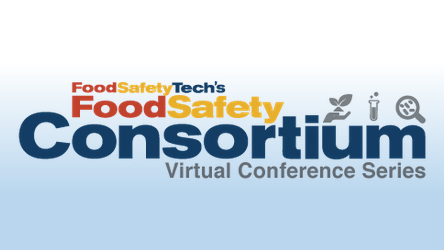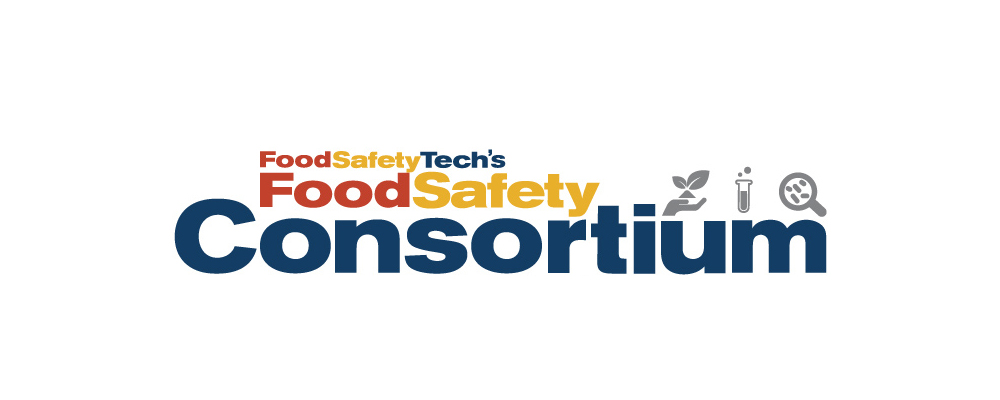

Money laundering and food fraud is widespread in saffron.

Money laundering and food fraud is widespread in saffron.

The change in policy comes after the CDC announced new guidance.

Food safety experts will tackle the pandemic’s impact from the perspectives of manufacturing, food safety and quality teams, consumers and the business, along with strategies for moving forward.

Harnessing the power of intuition and emotion are powerful tools to use in the leadership journey.

During the keynote episode of the 2021 Food Safety Consortium Virtual Conference Series, FDA Deputy Commissioner for Food Policy and Response Frank Yiannas reflected on industry progress one year into the pandemic and how the agency is moving forward.

The pandemic’s long-term effect on food supply chains is expected to result in increased threats, including fraud, theft and safety issues.

If food manufacturers want to stay competitive and secure greater profits, they must actively work to reduce their energy consumption—and the benefits will carry into food safety and quality.

The Spring program of the Food Safety Consortium Virtual Conference Series kicks off with a keynote address from FDA’s Deputy Commissioner for Food Policy and Response, Frank Yiannas, and stakeholder discussions about industry transformation.

By understanding best practices and lessons learned from early adopters of technology, food safety professionals can undertake successful digital transformations that efficiently and effectively arm them with improved data access and actionability that ultimately results in reduced food safety risks and increased quality.

Extensive fraud in Greek honey imports has been discovered.